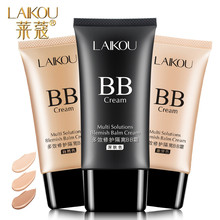
A traditional Chinese medicine compound used for cardiac benefits might help reduce the incidence of major adverse cardiac and cerebrovascular events and even cardiac death rates, according to a new study published Tuesday in the Journal of the American Medical Association.
However, some outside experts expressed skepticism about the result.
advertisement
Tongxinluo — which means “to open (tong) the network (luo) of the heart (xin)” in Mandarin — is a traditional Chinese medicine compound made out of a mixture of powders and extracts from plants, centipedes, cicadas, and other sources.

Get unlimited access to award-winning journalism and exclusive events.
Subscribe Log In
Previous article:
Grail is spending more than ever lobbying Congress
Next article: Sports medicine is finally prioritizing gender equality
Next article: Sports medicine is finally prioritizing gender equality















